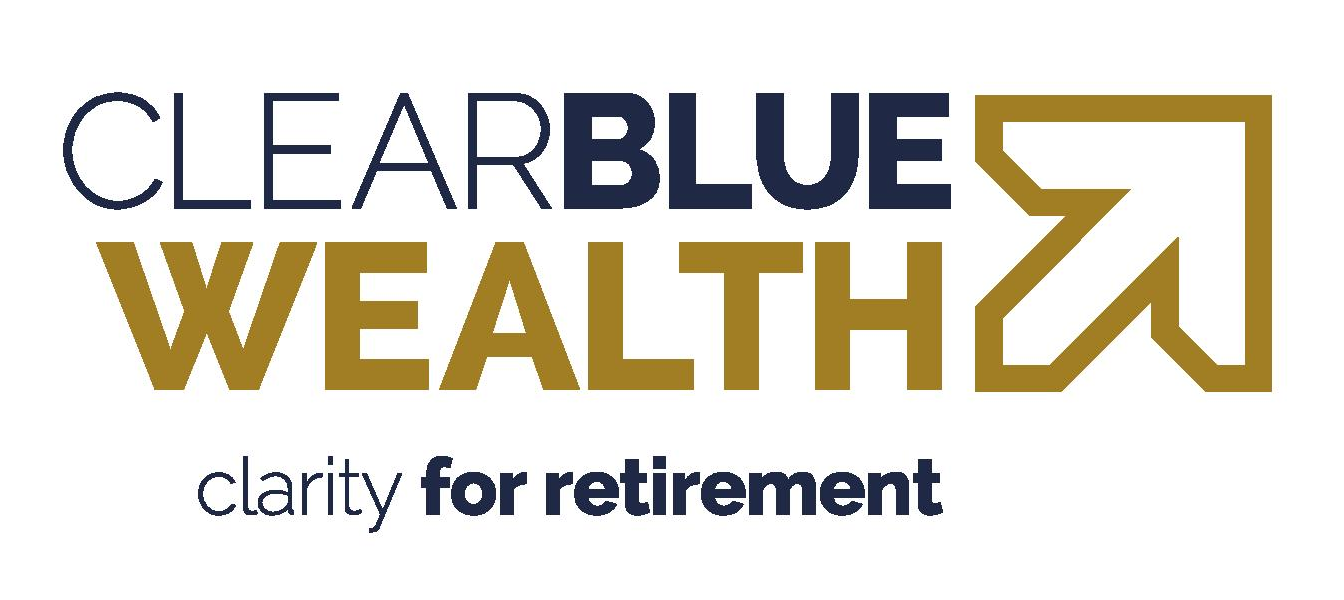RECENT NEWS
- Why Do You Need a Social Security Number?on February 15, 2026 at 8:07 am
Most people will use the same Social Security number their entire lives, though some people might need to apply for a replacement number at some point because of identity theft.
- Eating snow cones or snow cream can be a winter delight, if done safelyon February 15, 2026 at 8:07 am
Take two snowballs and call me in the morning?
- AI Has Eliminated Entry-Level Jobs but These Graduate Careers Are Still Flourishingon February 15, 2026 at 8:07 am
Graduate students pursuing careers as mental health counselors or lawyers are expected to have the highest number of job openings in the next several years compared to other fields that require a master's degree.
- Paper Tax Refund Checks Being Phased Out by the IRSon February 15, 2026 at 8:07 am
The IRS is phasing out paper tax refund checks for individual taxpayers for the 2026 federal tax filing season.
- Prove You’re Humanon February 15, 2026 at 8:07 am
Deepfakes and chatbots are now good enough that many web users don’t trust they are interacting with real people. Here's what to look out for.
Weekly Market Commentary

Market Update: Tariff Pause Boosts Sentiment, Fed Steady | Weekly Market Commentary | May 19, 2025
In just a matter of hours last week, investors apparently decided that stocks were on sale, and it was time to buy. But nothing materially changed as consumers were still pessimistic about the future, firms were on the sidelines waiting to deploy capital amid tariff uncertainty, and the Federal Reserve (Fed) remained committed to their “Wait and See” stance.

Bulls Are on Trial | Weekly Market Commentary | May 12, 2025
Earnings continued to come in better-than feared, but “tariff uncertainty” continued to get flagged on most conference calls. The Federal Reserve (Fed) kept rates unchanged and stuck to its patient approach with monetary policy, despite notable downgrades to economic growth estimates and rising recession probabilities since their last meeting.

Finding Value Among the Muni Market Malaise | Weekly Market Commentary | May 5, 2025
The municipal bond market faced significant volatility in April, driven by spillovers from a turbulent Treasury market. Treasury yields were pressured higher by rising inflation expectations; the Federal Reserve’s cautious policy stance, reduced foreign demand; hedge fund deleveraging, portfolio shifts toward cash, and structural illiquidity.

Softer Tone on China Is Encouraging, but Some Caution Still Advised | Weekly Market Commentary | April 28, 2025
The softer tone toward China from the White House, President Trump’s pledge not to fire Federal Reserve (Fed) Chair Jerome (Jay) Powell, and renewed optimism about Fed rate cuts all helped drive a strong market rebound last week.

Revising Our S&P 500 Target Amid a Storm of Uncertainty | Weekly Market Commentary | April 21, 2025
With little visibility into where tariff rates shake out and the effects on earnings, it’s hard to have much conviction in a year-end S&P 500 target. Given the high degree of uncertainty, we use scenarios and a wider range to get more comfortable with our target and to increase our odds of accuracy (though we recognize these targets are more art than science).

